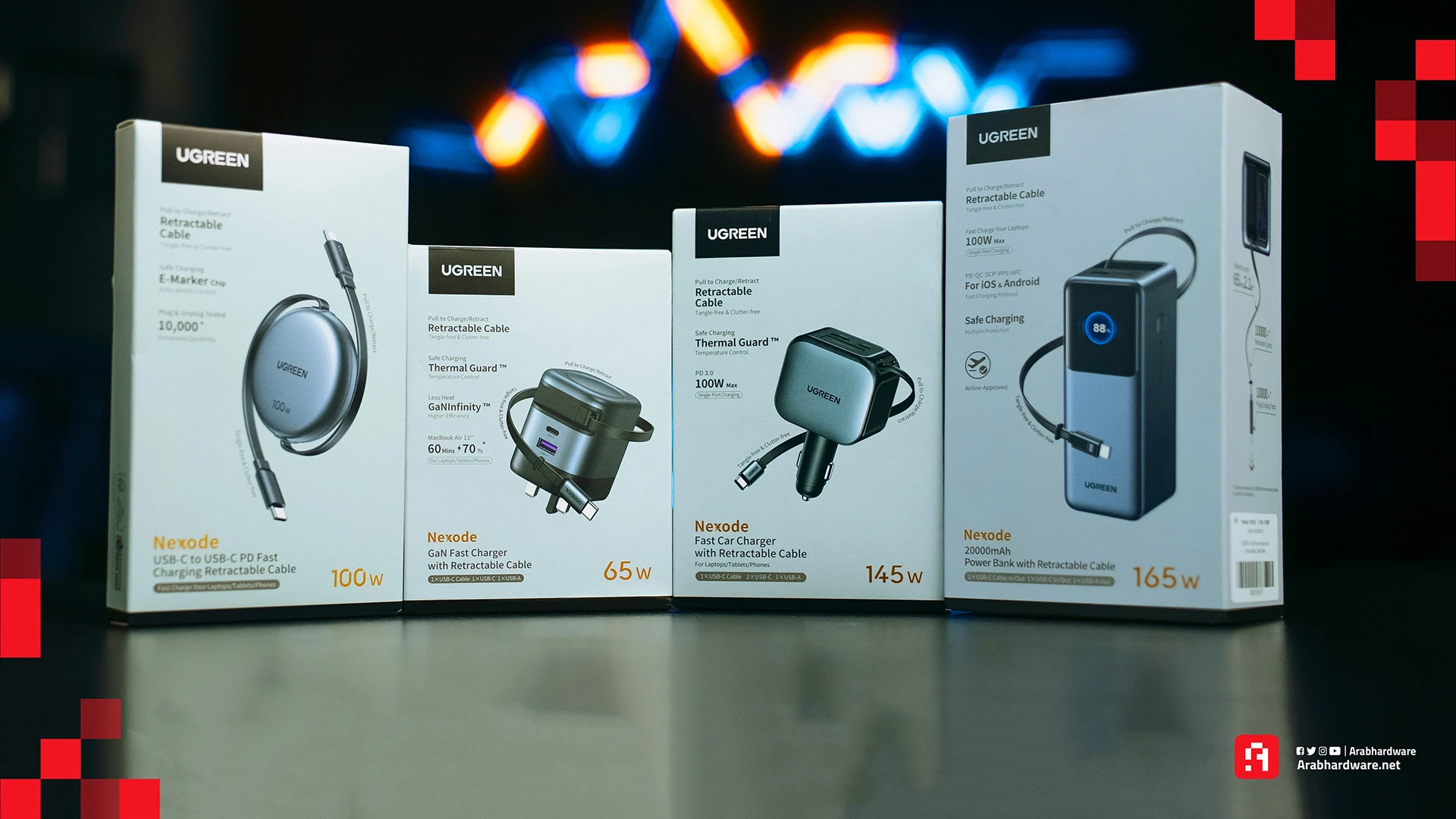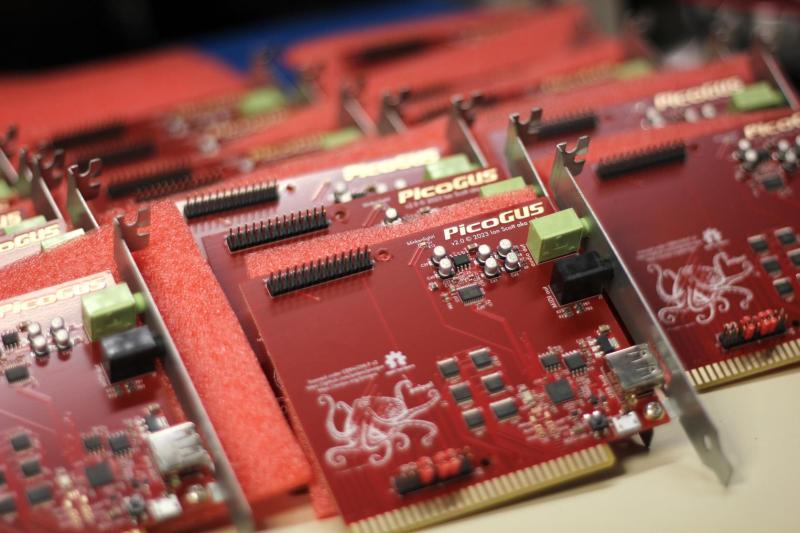In a world where cloud computing has become the digital equivalent of air (you know, something everyone breathes in but no one really thinks about), the latest trend in datacenter technology is to send our precious data skyrocketing into the cosmos. Yes, you read that right—space-based datacenters are the new buzzword, because why let earthly problems like power outages or NIMBYism stop us from storing our data in the great beyond?
Imagine the scene: while we sit in traffic on our way to work, feeling the weight of our earthly responsibilities, there are engineers in space suits, floating around in zero gravity, managing data storage like it’s just another day at the office. I mean, who needs a reliable power grid when you can have the cosmic energy of a thousand suns powering your Netflix binge-watching session? Talk about an upgrade!
Of course, this leap into the stratosphere isn't without its challenges. What happens if there’s a little too much space debris? Will our precious selfies come crashing back down to Earth? Or worse, will they be lost forever among the stars? But fear not! The tech-savvy geniuses behind this initiative have assured us that they have a plan. Clearly, the best minds of our generation are focused on ensuring your TikTok videos stay safe in orbit rather than, say, solving world hunger or climate change. Priorities, am I right?
Let’s not forget about the cost. Space travel isn’t exactly cheap. But hey, if I’m going to spend a fortune on data storage, I’d rather it be orbiting Earth than sitting in a basement somewhere in New Jersey. Because nothing says “I’m a forward-thinking tech mogul” quite like a datacenter floating serenely above the clouds, right? It’s the ultimate status symbol—better than a sports car, better than a mansion. “Look at me! My data is literally out of this world!”
And let’s be real, the power of AI is growing faster than a toddler on a sugar rush. Our current datacenters are sweating bullets trying to keep up. So, the solution? Just toss them into orbit! Sure, it sounds like a plot from a sci-fi movie, but who needs a solid plan when you have a vision, right? The next logical step is to start launching all our problems into space. Traffic jams? Launch them! Your ex? Into orbit they go!
So, here's to the brave souls who will be managing our digital lives from afar. May your Wi-Fi connection be strong, may your satellite dishes be well-aligned, and may your cosmic data never experience latency. Because if there’s one thing we can all agree on, it's that our data deserves a first-class ticket to space, even if it means leaving the rest of the world behind.
#SpaceBasedDatacenters #CloudComputing #DataInOrbit #TechTrends #AIFutureIn a world where cloud computing has become the digital equivalent of air (you know, something everyone breathes in but no one really thinks about), the latest trend in datacenter technology is to send our precious data skyrocketing into the cosmos. Yes, you read that right—space-based datacenters are the new buzzword, because why let earthly problems like power outages or NIMBYism stop us from storing our data in the great beyond?
Imagine the scene: while we sit in traffic on our way to work, feeling the weight of our earthly responsibilities, there are engineers in space suits, floating around in zero gravity, managing data storage like it’s just another day at the office. I mean, who needs a reliable power grid when you can have the cosmic energy of a thousand suns powering your Netflix binge-watching session? Talk about an upgrade!
Of course, this leap into the stratosphere isn't without its challenges. What happens if there’s a little too much space debris? Will our precious selfies come crashing back down to Earth? Or worse, will they be lost forever among the stars? But fear not! The tech-savvy geniuses behind this initiative have assured us that they have a plan. Clearly, the best minds of our generation are focused on ensuring your TikTok videos stay safe in orbit rather than, say, solving world hunger or climate change. Priorities, am I right?
Let’s not forget about the cost. Space travel isn’t exactly cheap. But hey, if I’m going to spend a fortune on data storage, I’d rather it be orbiting Earth than sitting in a basement somewhere in New Jersey. Because nothing says “I’m a forward-thinking tech mogul” quite like a datacenter floating serenely above the clouds, right? It’s the ultimate status symbol—better than a sports car, better than a mansion. “Look at me! My data is literally out of this world!”
And let’s be real, the power of AI is growing faster than a toddler on a sugar rush. Our current datacenters are sweating bullets trying to keep up. So, the solution? Just toss them into orbit! Sure, it sounds like a plot from a sci-fi movie, but who needs a solid plan when you have a vision, right? The next logical step is to start launching all our problems into space. Traffic jams? Launch them! Your ex? Into orbit they go!
So, here's to the brave souls who will be managing our digital lives from afar. May your Wi-Fi connection be strong, may your satellite dishes be well-aligned, and may your cosmic data never experience latency. Because if there’s one thing we can all agree on, it's that our data deserves a first-class ticket to space, even if it means leaving the rest of the world behind.
#SpaceBasedDatacenters #CloudComputing #DataInOrbit #TechTrends #AIFuture















